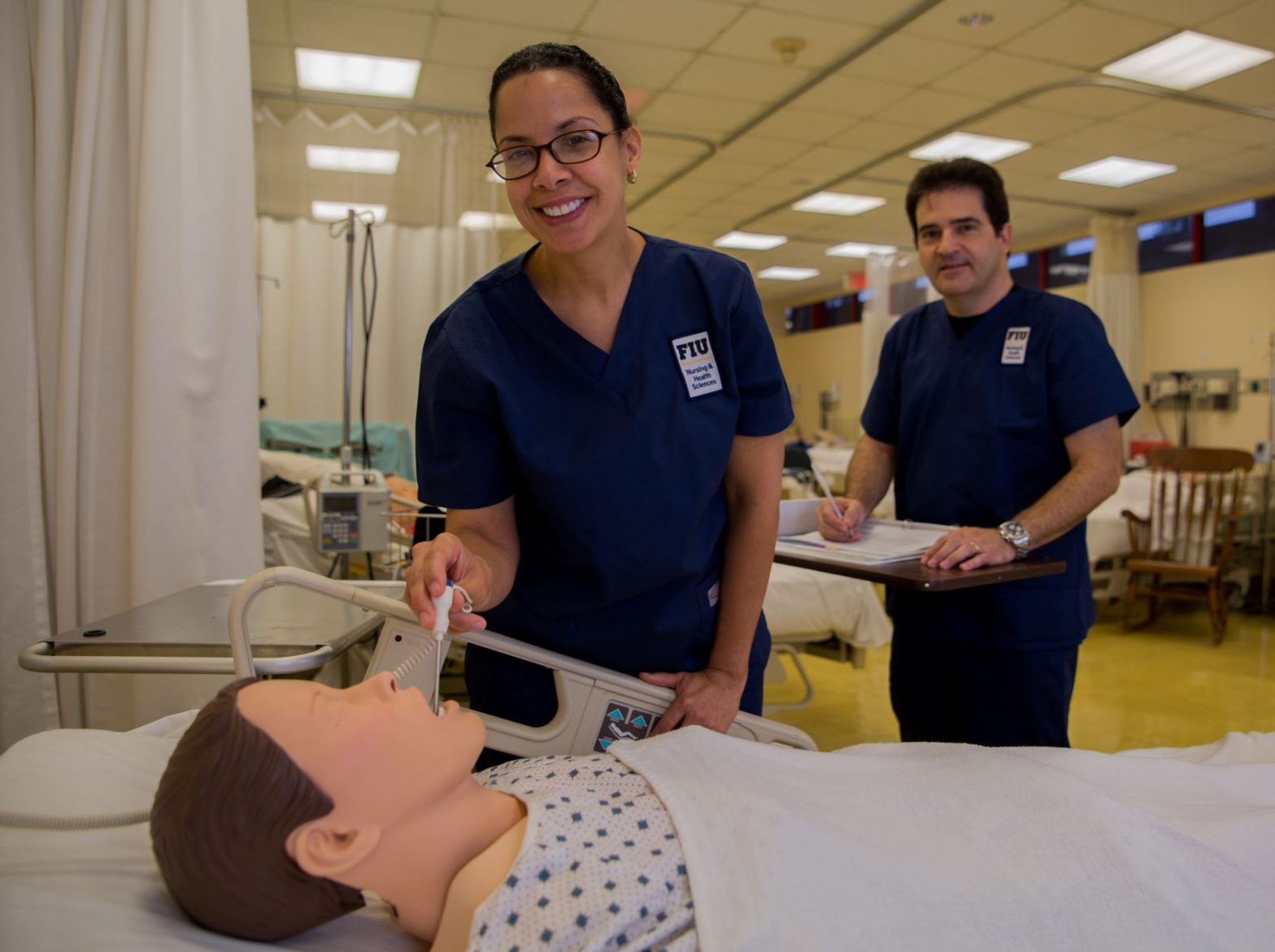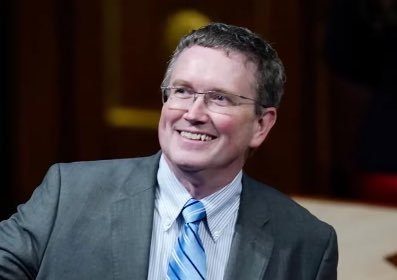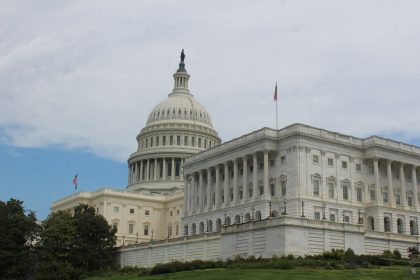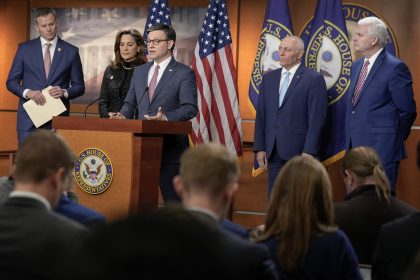House Members Debate Role of Immigrant Physicians in Easing Health Care Shortages

WASHINGTON — The House Judiciary Subcommittee on Immigration and Citizenship met Tuesday to discuss the role of immigrant physicians in the U.S. health care system.
“Throughout the pandemic, immigrants in health care fields served on the front lines, and have been a driving force behind the research that led to the development of vaccines and cutting-edge COVID-19 treatments. Unfortunately, our antiquated immigration system discourages these needed physicians from coming to and remaining in the United States, which exacerbates a serious level of physician shortages,” said Rep. Zoe Lofgren, D-Calif., chairwoman of the subcommittee, during the hearing.
Today, approximately 200,000 foreign medical graduates work as physicians in the United States, with 23% of active physicians practicing in the U.S. identified as foreign born, many of whom are now U.S. citizens or permanent residents, according to an analysis by the Association of American Medical Colleges.
When it comes to the specific areas of medical practice, immigrants currently account for more than 50% of physicians practicing geriatric medicine, approximately 40% of those practicing critical care and internal medicine, and nearly one quarter of those practicing general medicine.
Many foreign-trained physicians arrive in the U.S. for residency training via the J-1 visa, or H-1B visa, but there are very few temporary visa options available. There is also a backlog of green card requests from foreign medical graduates.
“Their temporary visa options are limited. Without a visa classification that is designed specifically for them, foreign physicians are forced to deal with the challenges of the…system that was designed decades ago. After completing their training, if they want to stay here permanently and continue to treat patients in their communities, they must overcome additional obstacles,” said Rep. Jerrold Nadler, D-N.Y., chairman of the House Judiciary Committee and ex officio of the subcommittee, during the hearing.
Not all members of the subcommittee felt that immigrant physicians play a critical role in U.S. health care, as some members felt that foreign born physicians may actually be taking away jobs from U.S. physicians.
“The physician shortage in the United States is largely of our making. We have the doctors; we just don’t match them with the residency programs they need to enter practice. Now, don’t you think that just maybe, we ought to put American physicians first? Don’t you think, just maybe, we should take control of our borders before we encourage more foreign nationals to cross it?” asked Rep. Tom McClintock, R-Calif., ranking member of the subcommittee, during the hearing.
According to data from the National Resident Matching Program, a private non-governmental organization which matches U.S. medical school students to residency programs, foreign nationals make up about 25% of the population of those obtaining graduate level medical education in the U.S.
In 2021, over 4,000 non-citizen foreign-trained physicians received residencies in the U.S., which was an enormous increase from 10 years prior when about 2,700 foreign trained physicians received residencies.
Last year, 55% of non-U.S. graduates of international medical schools were matched to a residency program. Comparatively, 99% of U.S. medical school graduates entered residency or full-time practice within 6 years.
“I can confidently say physicians from other countries are not displacing graduates of U.S. medical schools,” said David Skorton, president and CEO of the Association of American Medical Colleges, during the hearing.
In fact, according to Skorton, the health care workforce needs all the help it can get, as AAMC projects that the overall physician shortage will grow to a total of 124,000 physicians by 2034.
“Simply put, we need more doctors from everywhere,” said Skorton.
The Conrad 30 Waiver Program was approved by Congress in 2008 to provide each state with up to 30 slots for international medical graduates completing their residencies.
In exchange for waiving the J-1 two-year home residency requirement, these physicians must practice in a federally-designated health professional shortage area or underserved area.
The Conrad 30 waiver program has recruited 15,000 physicians to rural and underserved communities over the last 15 years by waiving the J-1 Visa home country return requirement.
According to Skorton, the Physician Access Reauthorization Act would, among other improvements, allow this program to expand beyond 30 slots per state if nationwide thresholds are met.
“We are glad Congress has recognized the vital role of the National Health Service Corp by steadily increasing funding, and believe the number of Conrad 30 waivers should likewise be increased for the first time in two decades,” said Skorton.
Alexa can be reached at [email protected]
























